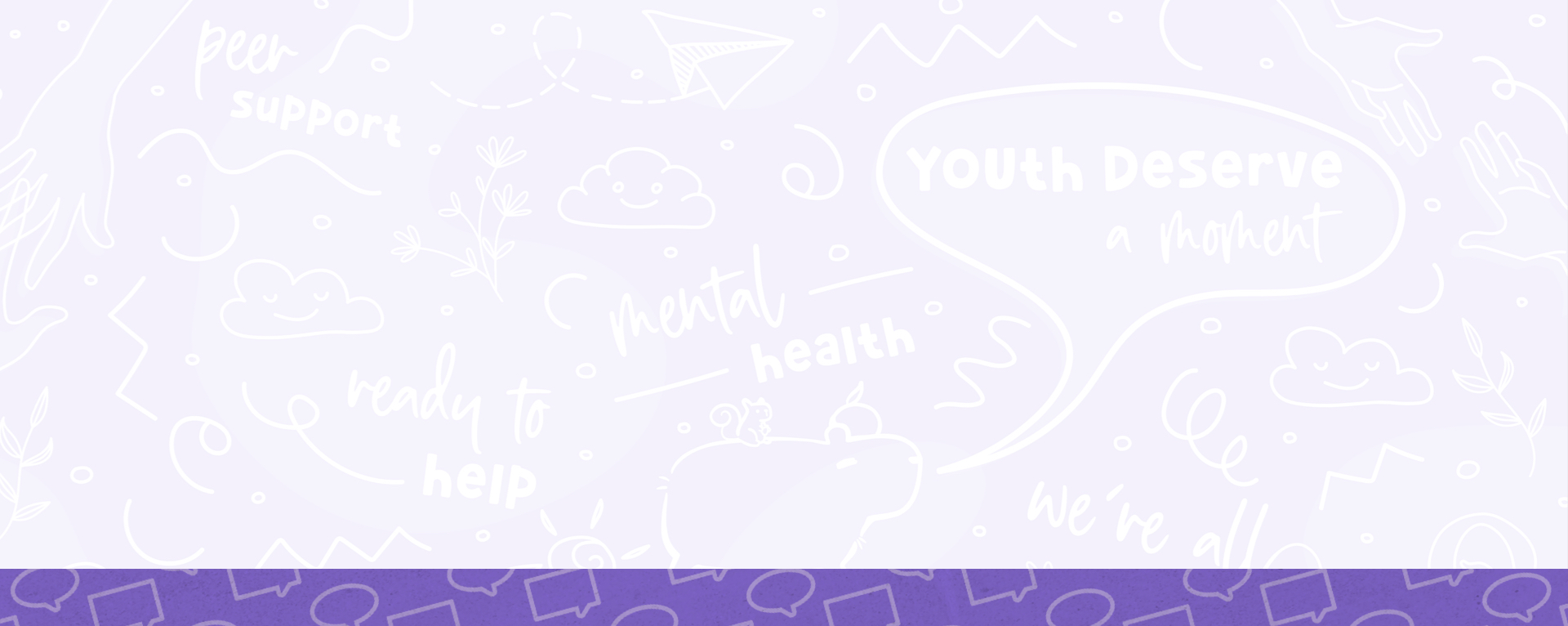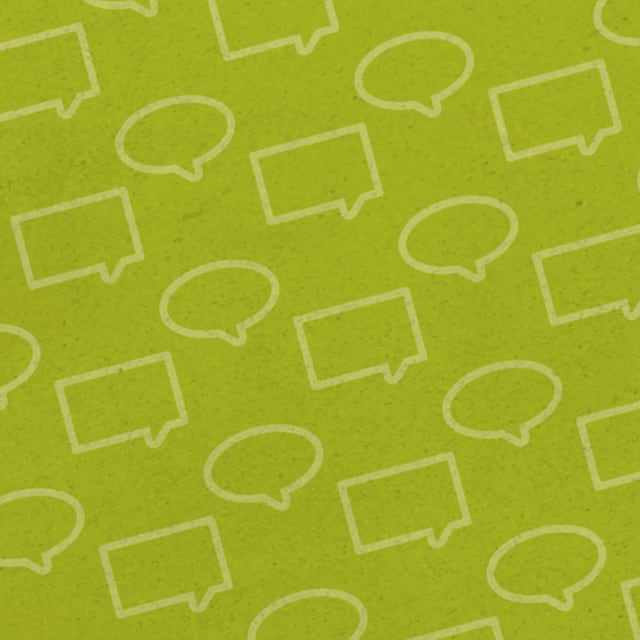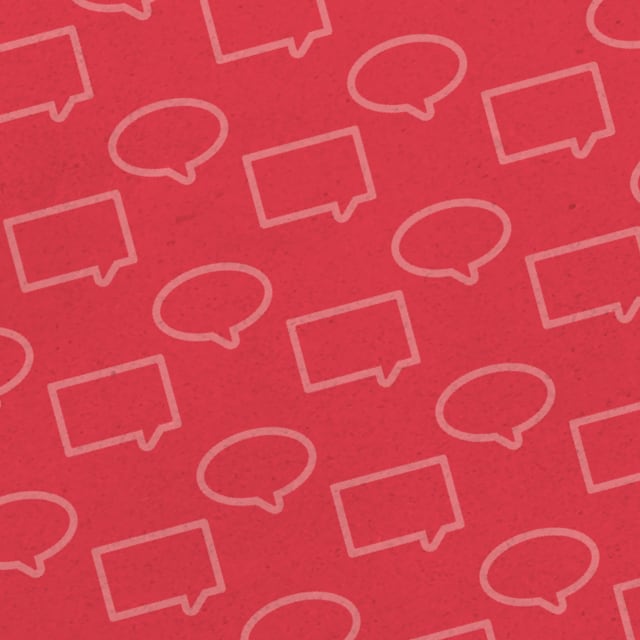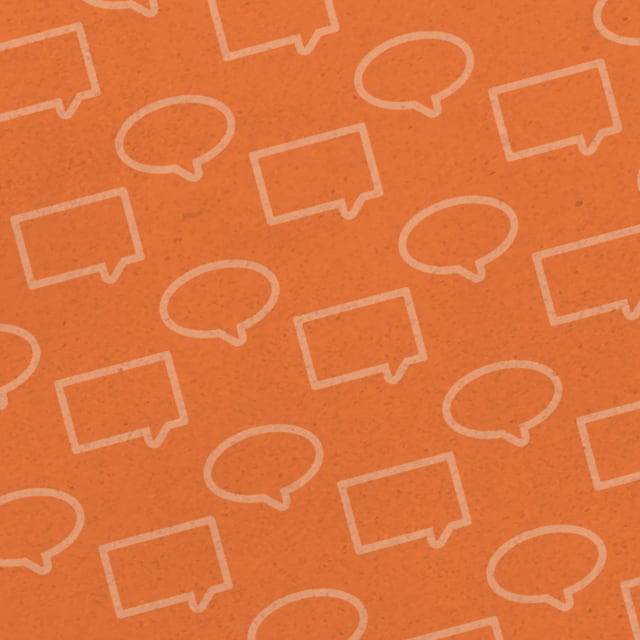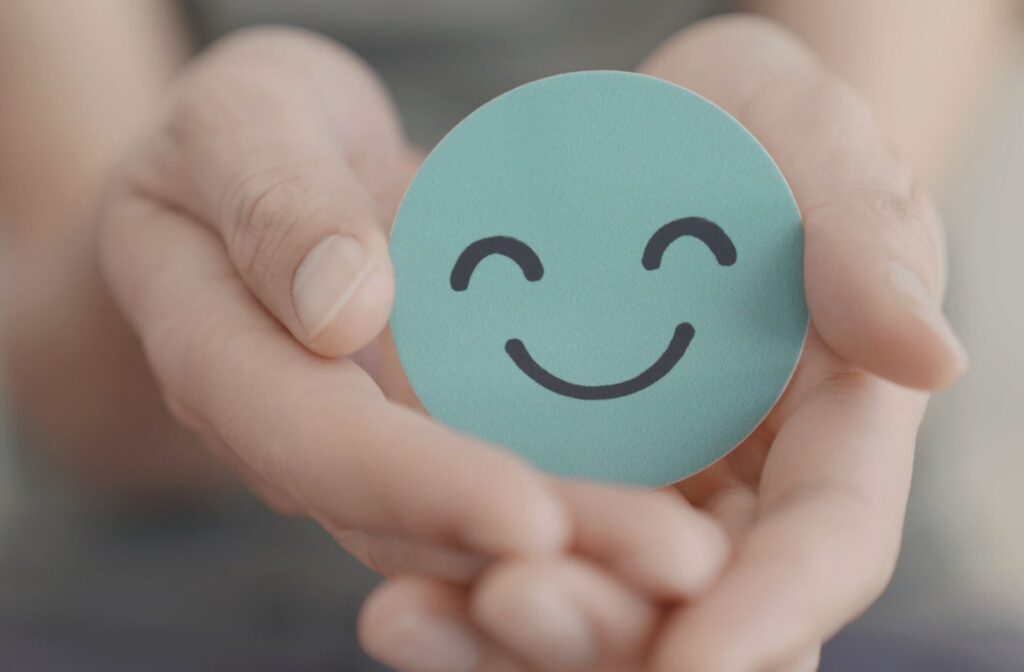Nothing ever really prepares you for just how crazy life can be. Maybe you, like me, are struggling through the throes of high school right now. Or perhaps you’re going through some other rough patch in your life. Whatever it is, I’m sorry that it might suck a little bit (or a lot) right now. It’ll get better, I promise.
In the meantime, it might be comforting to know that there’s a lot of other people out there who are going through the same or similar things as you, know that you are definitely not alone!
As someone who’s really been feeling the toll of school as of late, I’ve been looking into and reflecting on ways to make life more manageable. Of course, having a positive outlook and maintaining balance is always a plus, but what are some specific measures we can take to achieve that?
Chunk it up
Have a huge assignment due soon? A ginormous test in the near future? A million bajillion things on your to-do list? Never fear, chunk it up! Splitting large tasks into smaller chunks is a great way to get your work done in a timely manner without overloading yourself.
Set even blocks of time (of half an hour, one hour, or more depending on what works for you), and then designate those blocks of time to working on one thing at a time. This way, you’ll be able to focus, feel productive, and get what you need to do done efficiently and effectively. And most importantly, breaking gargantuan tasks into smaller pieces makes them way less intimidating and stressful.
Worship Your Planner
Whether you use a physical paper planner, or an app on your phone, having somewhere you can record and organize all your tasks is key. Without a means of keeping track of all the things you have to do, you’re prone to forgetting them. Unfortunately, our brains can only retain so much information at a time, so use a planner, calendar, or other forms of reminders to keep track of the things you’d otherwise forget.
Another plus of keeping a planner is the feeling you get from checking items off your to-do-list: it’s super satisfying to see, written down and checked off, all the things you’ve accomplished and gotten done. Finally, using a planner can keep you accountable. When you have something down, it just seems that much more concrete, and you’ll be more motivated to actually do it. I can’t tell you how many times seeing the message “DO MATH HOMEWORK!!!” scribbled in my planner has saved me from slacking off.
Master the Art of Power Naps
You’ve definitely heard this one before. Catching the right amount of Z’s helps improve brain function, bodily function, mood, immunity, and just about anything else under the sun. For students who are constantly hard at work with studying, homework, and extracurricular activities during the day, sleep plays the much-needed role of providing time for your body to relax, and heal itself. Now, eight to ten hours a night is ideal, but it’s not always realistic. Here’s where power naps come in.
Did you know that different lengths of naps can actually help you in different areas? Studies show that naps of 20 minutes improve alertness and motor skills, 30-60 minutes boosts memory and decision-making, and 60-90 minutes helps with creativity. Depending on whether you need to rest up to practice an instrument, study for a test, or create something, you can set your timer for different amounts of time.
Fun fact: though they take longer, taking naps is a better alternative to drinking coffee, as caffeine has actually been proven to decrease memory performance!
Know Your Limit & Prioritize Yourself
When it gets to a point where everything gets too overwhelming, it might be a good idea to take a break. A span of time to prioritize yourself over your obligations. If you feel yourself approaching that ‘breaking point’, just keep forging ahead with your work, it can be detrimental for two reasons. First, any work that you do will likely take you longer than usual, as exhaustion and burnout greatly reduce productivity and creativity; second, you could be going down a dangerous path of putting yourself last in terms of priorities, which is a habit you definitely don’t want to form.
If you find that having all this stuff on your plate is actually causing more negative effects than positive ones- e.g. it’s greatly affecting your mood or health- it’s probably time to re-evaluate. Maybe there’s something in your life that you can put on pause for the time being to give yourself some time to recuperate. Maybe there’s something you can cut out altogether. Either way, knowing your limits isn’t a weakness: it’s a strength. Learn to say no and take breaks without feeling guilty, because recharging is just as important as doing work.
Stressed? Tired? Want to talk about it? We’re here.

